
 Dan Leif is the managing editor at Resource Recycling, Inc., which publishes Resource Recycling, Plastics Recycling Update and E-Scrap News. He has been with the company since 2013 and has edited different trade publications since 2006. He can be contacted at [email protected].
Dan Leif is the managing editor at Resource Recycling, Inc., which publishes Resource Recycling, Plastics Recycling Update and E-Scrap News. He has been with the company since 2013 and has edited different trade publications since 2006. He can be contacted at [email protected].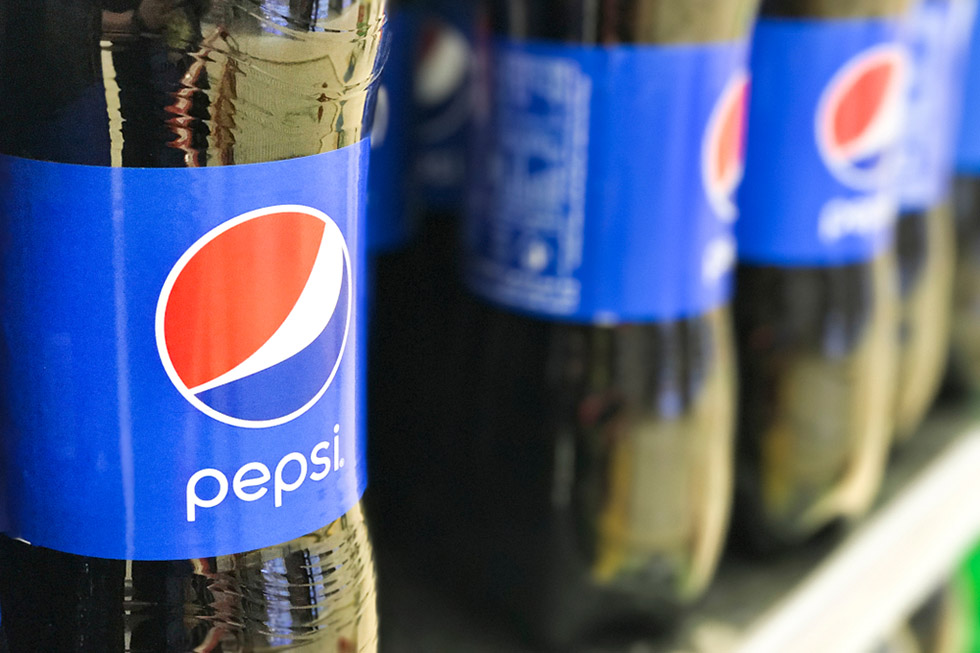
Pepsico has a 25% recycled content goal for the company’s plastic packaging. | LuqmanLutfi Photography/Shutterstock
It’s clear the current recycling system can’t deliver sufficient resin for brand owners to hit their increasingly ambitious recycled-content goals. A PepsiCo executive recently discussed that supply gap.
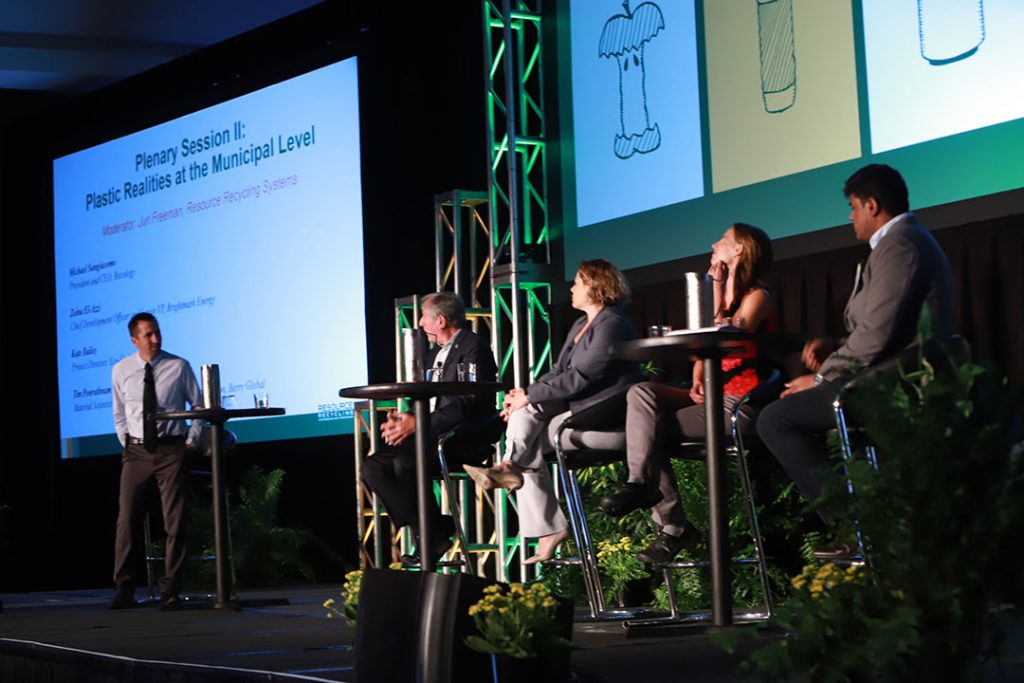
Juri Freeman of Resource Recycling Systems (left) moderated a plastics-focused panel consisting of (from left to right) Michael Sangiacomo of Recology, Zeina El-Azzi of Brightmark Energy, Kate Bailey of Eco-Cycle and Tim Ponrathnam of Berry Global. | Resource Recycling Conference/Brian Adams Photography
Should some types of single-use plastic be banned? Or is infrastructure improvement a better answer to current plastic waste concerns? A varied group of industry leaders tackled those questions last week.
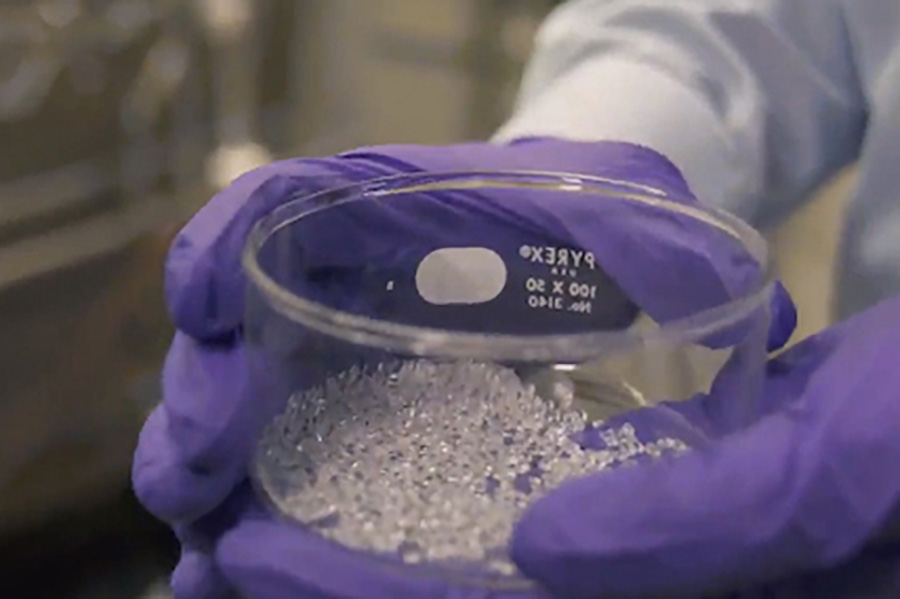
IBM has a goal to recover more PET from highly contaminated streams. | Credit: Wall Street Journal video.
Three different chemistry-based processes for recovering plastics have recently grabbed attention, illustrating the wide range of stakeholders working to find solutions beyond mechanical recycling.
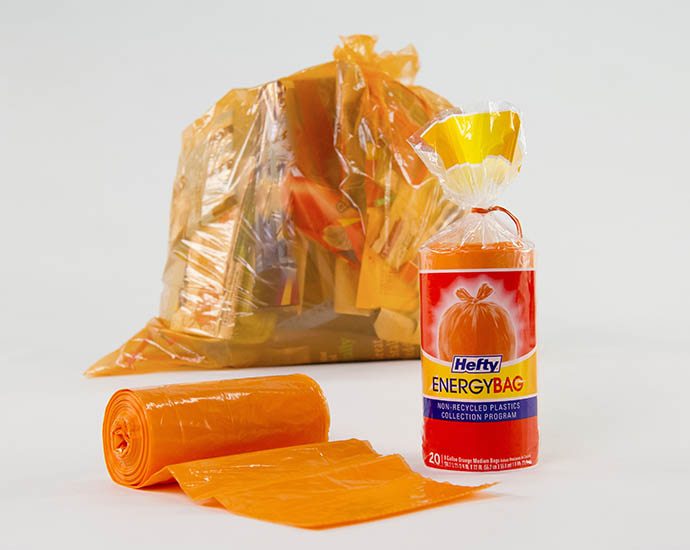
A grant from Hefty EnergyBag will allow Renewlogy to grow its staff to process more material. | Courtesy of Hefty EnergyBag
A program designed to collect hard-to-recycle plastics curbside is angling to send more materials to a site run by startup Renewlogy in Salt Lake City.
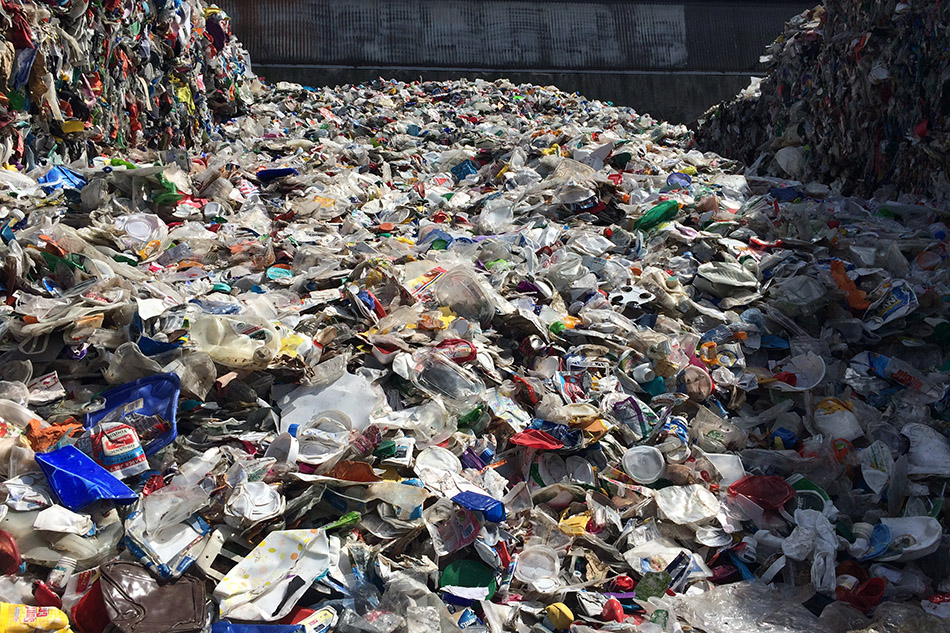 A handful of industry groups and plastics producers are teaming up on a 60-day effort to try to capture a wider variety of materials from the flow of curbside recyclables in Portland, Ore.
A handful of industry groups and plastics producers are teaming up on a 60-day effort to try to capture a wider variety of materials from the flow of curbside recyclables in Portland, Ore.
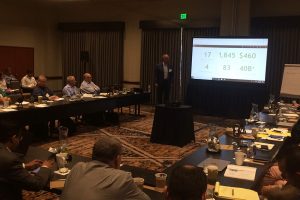 Brands across the globe are announcing goals to use high levels of recycled plastic. But the companies that actually deliver PCR to the market are predicting a major hurdle: supply shortfalls.
Brands across the globe are announcing goals to use high levels of recycled plastic. But the companies that actually deliver PCR to the market are predicting a major hurdle: supply shortfalls.
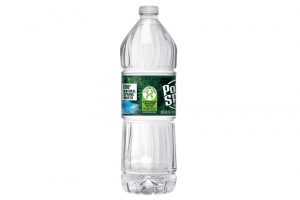 Nestlé Waters North America is betting that it can connect with consumers over the long term by using high levels of recovered material.
Nestlé Waters North America is betting that it can connect with consumers over the long term by using high levels of recovered material.
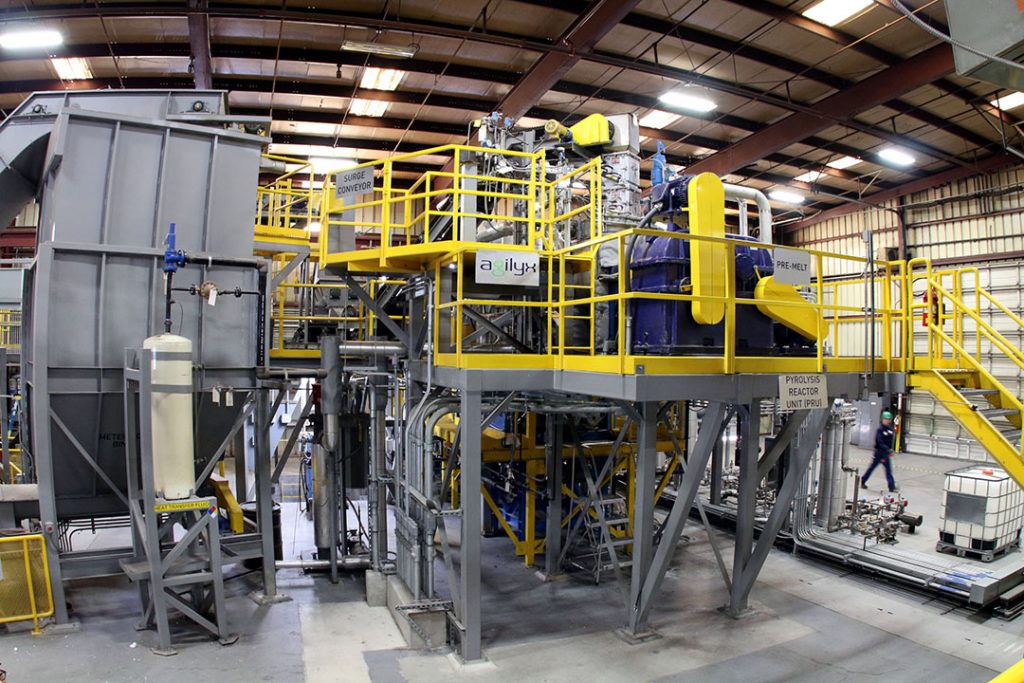
The Agilyx polystyrene processing facility in Oregon.
At least 60 organizations are working to scale up depolymerization, pyrolysis and other emerging plastic processing methods. The North American market for the resulting products could top $100 billion annually.
